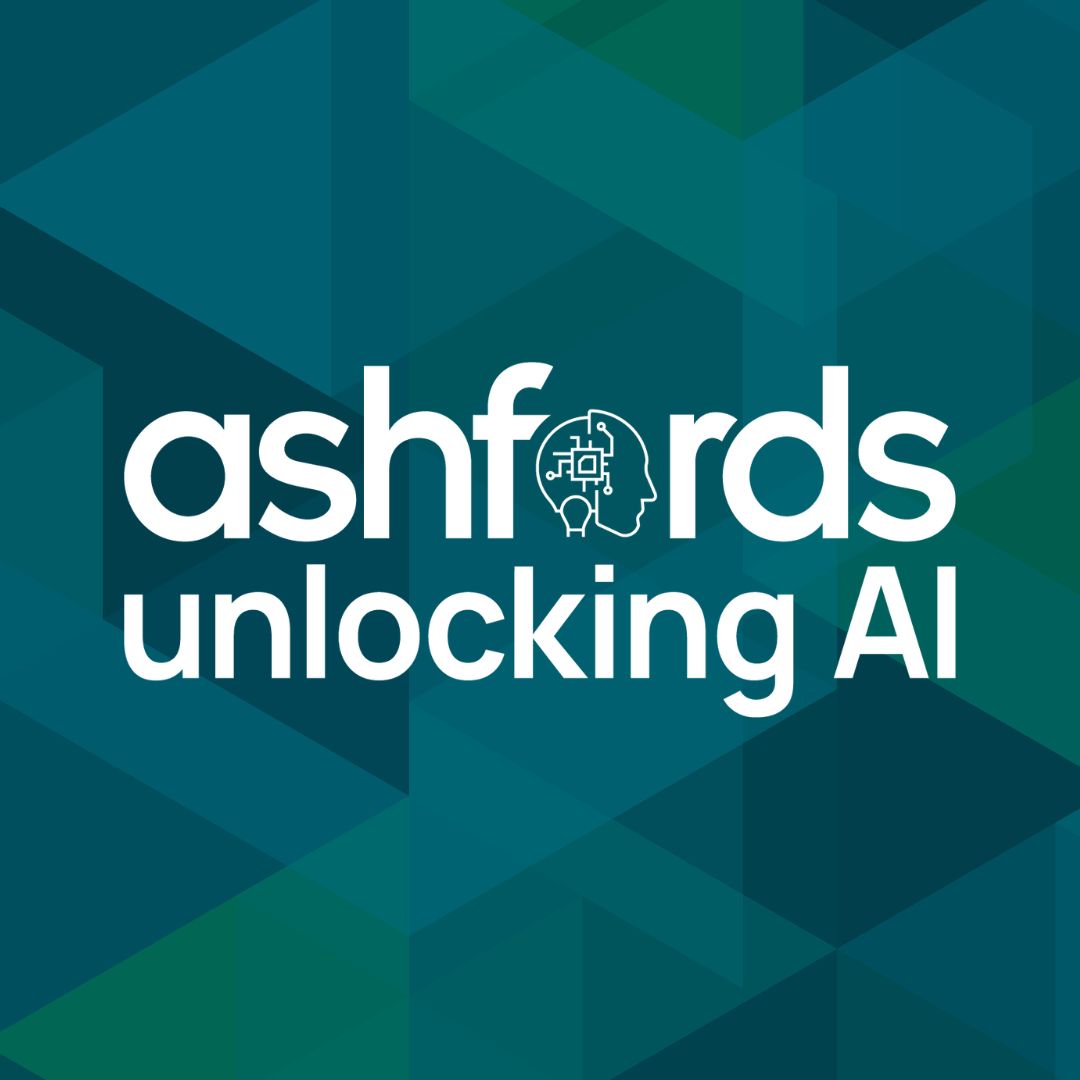In March of this year, the Supreme Court heard arguments relating to whether artificial intelligence ("AI") can be considered the inventor of a patent. The case in question was Thaler -v Comptroller-General of Patents, Designs and Trademarks.
In 2019, the Comptroller-General of Patents, Designs and Trademarks, who leads the UK Intellectual Property Office (UKIPO) refused to accept two patent applications filed by Dr Stephen Thaler, where the underlying invention was created by Dr Thaler’s artificial intelligence machine, DABUS. On the application, where the applicant is required to say how he had the right to be granted the patent, Mr Thaler wrote “by ownership of the creativity machine ‘DABUS’”.
The UKIPO found that DABUS did not meet the requirements of being a ‘person’ under section 7 of the Patents Act 1977 (Patents Act). Under section 7(2), a patent must only be granted to a person or ‘any person entitled to the whole of the property in an invention, or their successors in title’.
Therefore, as Mr Thaler had written that DABUS was the inventor on the application forms, the statement of inventorship did not fulfil section 13(2) of the Patent Act which says that the application for a patent must identify the person/persons who invented the patent. Without meeting the threshold of being a ‘person’, DABUS was unable to transfer any patentable rights to Mr Thaler as the AI was not an inventor.
In the first instance, the Patent’s Court in the High Court upheld the Comptroller’s decision which was further upheld by the Court of Appeal.
Both Courts found that the inventor to an invention must be a natural person due to the implicit word of section 7 of the Patents Act. As DABUS is not a person, it cannot be held to be an inventor and thus, this finding dovetails to section 13(2) with the patent application having to be thrown out.
In a dissenting opinion in the Court of Appeal’s decision, Lord Justice Birrs said that he had sympathy for Mr Thaler, who argued that the requirements for section 13(2) could be met where it was the applicant’s genuine belief that the named inventor should be the true inventor of the patent.
However, LJ Arnold said that the Court of Appeal had to apply the law as it currently stands, and the case was “not an occasion for debating what the law ought to be”.
During the Supreme Court hearing, Thaler tried to further argue that there is no substantive requirement under the Patents Act that an invention must have a human inventor, only that the inventor had to be the actual deviser. However, in reply, the Comptroller argued that allowing AI to be the inventor of a patent would entail fundamental policy considerations and it should be up to Parliament to make this decision, not the Supreme Court.
Whilst the case was heard in March of this year, we still await the Supreme Court’s decision.
Inventors will be eagerly anticipating the outcome of this hearing to see whether the Supreme Court agrees with the Court of appeal’s decision to see whether this jurisdiction follows others. For example, in the US, where Thaler also applied for a patent, the Federal Circuit upheld their intellectual property office’s decision that an inventor must be a human being. This decision was upheld by the US Supreme Court this year. Similarly, the European Patent Office confirmed last year that an inventor must be a human being under the European Patent Convention.
In the US, where Thaler also applied for a patent, the Federal Circuit upheld their intellectual property office’s decision that an inventor must be a human being. This decision was upheld by the US Supreme Court this year. Similarly, the European Patent Office confirmed last year that an inventor must be a human being under the European Patent Convention.
Clearly this is something Parliament will want to keep an eye on. The more AI develops, the less human input will be required, which will likely lead to more AI inventions. Whether policy will change, however, it yet to be seen.
For more information, please contact Chris Fotheringham or Jenny Guild.
If you are interested in how AI will change business and the law, visit and bookmark our Spotlight AI hub for more AI insights. The Hub brings together commentary from Ashfords’ experts, our clients and our contacts across a wide range of areas; looking at how AI might impact as its use evolves.
Please do also get in touch if there are any specific areas related to AI that you’d be interested in hearing more about.
Visit our AI spotlight area